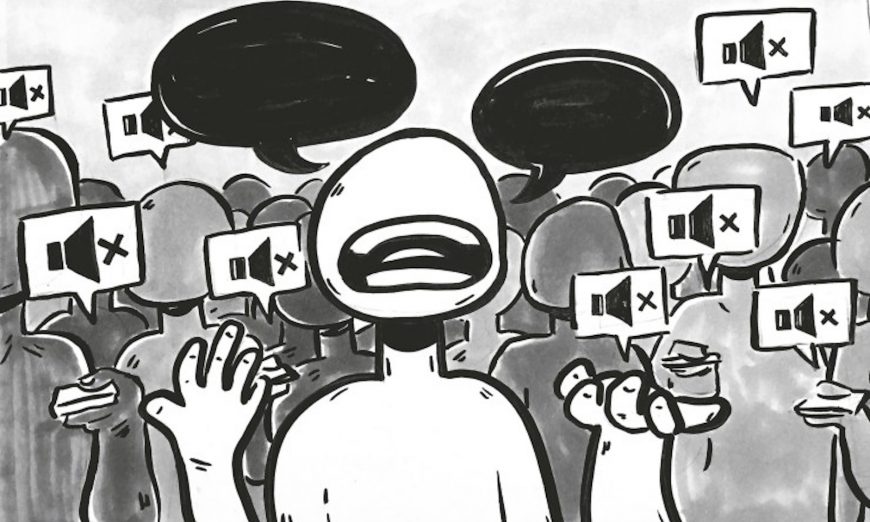I have many journalist friends who have either a criminal charge pending against them or have already been convicted.
Each conviction of a journalist is a chain attached to the pens of other journalists and those chains have increased in numbers so much that journalists find it harder and harder to write now.
It should be considered a source of shame for the rulers of any country to have journalists and other people convicted for the words they utter or the stories they write.
It is quite the opposite in Turkey where the rulers of the country have themselves brought so many cases against journalists and others for alleged defamatory words.
If you are an ordinary citizen in Turkey and if you bring a case against a person for allegedly insulting you or even swearing at you, you will probably be left empty-handed.
Yet, if the country’s president or prime minister “complains” that they have been “insulted” by a citizen, their complaints instantly take the form of prosecutorial indictments and journalists face criminal charges.
I am tired of saying it again and again, but let me repeat once more that international law works just the other way round: Compared to ordinary people, politicians and decision-makers have to tolerate much harsher criticism and even rude language for they have put themselves willingly and knowingly in a position where they are to receive harsh criticisms and verbal blows. They have public power at their disposal; they are making decisions that affect the lives of everyone in the nation.
Still, courts in Turkey take statements about politicians and treat them as if two ordinary people have quarreled.
For instance, if you happen to give voice to claims of corruption or harshly criticize the cover up of these claims, they sue you as if you have personally insulted someone.
The other day I learned that my dear friend, Today’s Zaman Editor-in-Chief Bülent Keneş was sentenced for his tweets that allegedly contained insults against the president.
Keneş’ tweets contain no names or epithets. He makes a statement saying, “Thankfully, the respected mother of this shameful man didn’t live to see what kind of son she has.”
The prosecutor’s office assumes the word “shameful” is an insult against the president; the court decides and hands down a sentence.
In this country, anything from harsh criticisms in a column to expressions used in tweets can be regarded as an insult against decision-makers.
This is a country where speaking words and writing is just like walking in a minefield — you are never sure what word or which expression will set off a particular mine.
I am sorry for my dear friend Keneş and I wish the best for both of my other friends who have just received a notice that a criminal complaint has been filed by the court and for those who have already been tried and await judgment.

